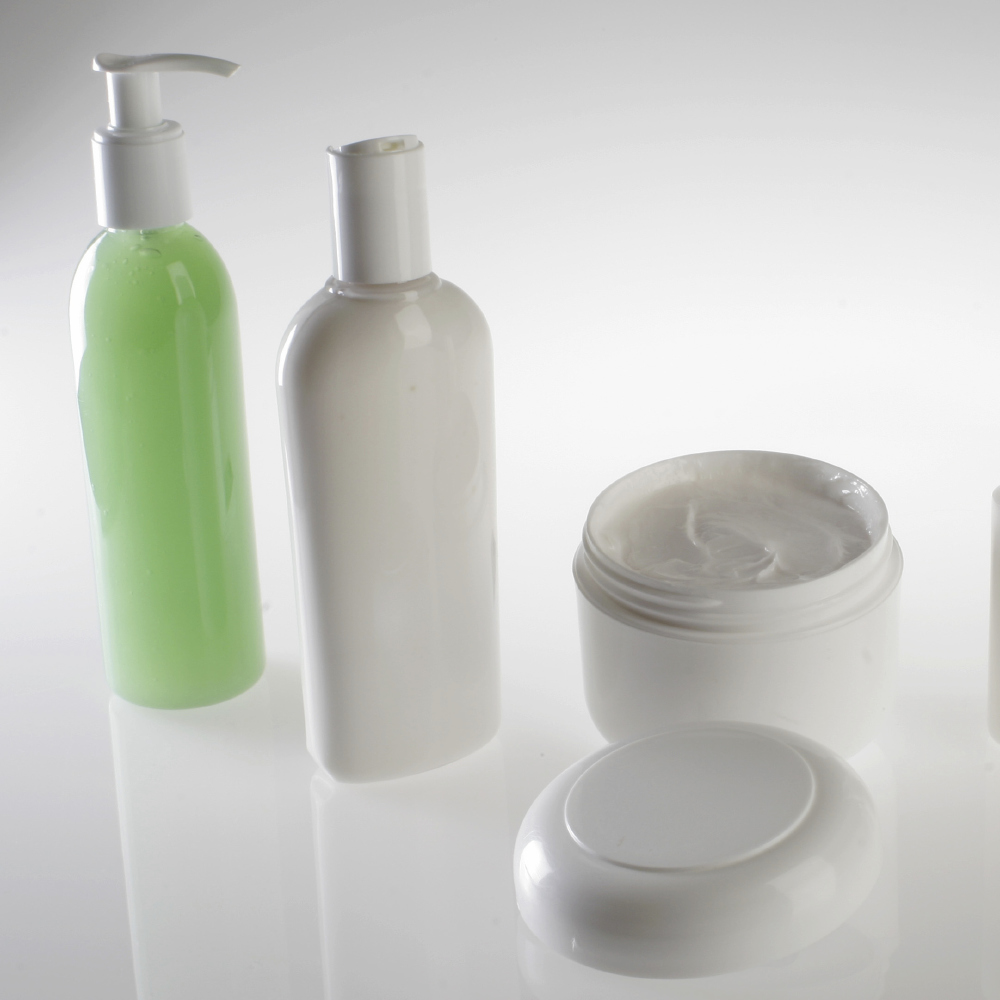
Do you know what you're looking for when it comes to skincare?
Basic moisturisers are now a thing of the past as savvy women (and men) are turning to results-driven, high tech cosmeceutical skincare that actually makes a difference to their skin. When looking for a product to address skin concerns such as anti-ageing, acne, rosacea or pigmentation, scientific evidence that proves a product actually works, is where many are choosing to invest their money.
To help decipher your peptides from your retinols and your growth factors from you free radicals, Harley Street Dermatologist Dr Ariel Haus and IMAGE Skincare, a pioneering American Cosmeceutical skincare brand, brings you their guide to high-tech skincare terminology…
Cosmeceutical: Skincare products that bridge the gap between pampering beauty creams and prescription pharmaceutical products. Cosmeceutical skin care products contain biologically active ingredients, which have a physiological effect on the skin. Ingredients are high grade quality and products will contain enough to do what it says it will!
Barrier Function: The skin's barrier (the epidermis) is the outermost layer. Its main function is to keep water in, so that the skin is well hydrated and moisturised.
Collagen: One of the most important structural proteins in the skin, it keeps us wrinkle free, and youthful. Think of it as scaffolding for the skin.
Elastin: Collagen’s best friend, these two work together to give skin its natural firmness and bounce, but age and environmental influences decrease our skin’s elastin. Without elastin, sag would be a permanent status! Elastin damage comes heavily from UVA exposure to the skin, so a daily SPF is vital, even in the winter. Mineral (Zinc Oxide/Titanium) is reflective and therefore always a better option when selecting an SPF.
Growth Factors: The communicators that tell cells to reproduce and stay young, increasing the number of healthy skin cells.
AHA/BHA: Two types of acids that are very useful in the fight against acne, exfoliation, anti-ageing, and overall skin maintenance. AHAs (e.g. Glycolic Acid, L-Lactic Acid, L-Mandelic Acid) loosen the bond between dead skin cells that form the surface of the skin, making the skin look smoother and wrinkles less noticeable. They also help retain moisture in the surface layers of the skin. BHAs (e.g. Salicylic Acid). BHAs dissolve oil and are an anti-inflammatory making them great for acne.
Anti-Oxidant: The antidote to free radicals, antioxidants protect cells from damage that causes ageing and even cancer. They can come in the form of synthetic chemicals, vitamins, or foods. For topical anti-oxidant protection, the ingredient to look out for is Tetrahexyldecyl Ascorbate (vitamin C). Another great photoprotective is anti-oxidant resveratrol grape seed extract.
Free Radicals: A tiny chemical particle that, when activated by sunlight, wreaks cosmetic havoc on the skin. Free radicals destroy collagen fibres and are the number one cause of skin ageing and wrinkles. Free radicals can also cause mutations to the DNA found in our skin.
Enzyme: Proteins that help with inflammation, ageing, and cell turnover (exfoliation). Acting as an exfoliation agent to break down the surface dead skin cells, they help reduce the size of pores and smooth and brighten skin.
Peptides: Signal collagen production and inhibit muscle contraction. Peptides are small proteins that can penetrate the skin easily and stimulate the production of collagen. Some act like growth factors and stimulate skin cells to make a quicker turnover, like in younger skin.
Retinol: Derived from vitamin A, retinol combats skin-ageing by stimulating and plumping up collagen and increasing hyaluronic acid production. Retinol has also been proven to improve skin clarity and texture, promote anti-pigmentation plus demonstrate anti-acne and pore-minimising effects, all leading to a more healthy and youthful skin appearance.
Stem Cell Technology: Advanced skincare ingredient that protects your own skin cells, and the DNA within, from free radicals, whilst extending the longevity of the cells.
Stability: To minimise product degradation, cosmeceutical skin care needs to incorporate technology that promotes formulation stability. This prevents the product from ‘going off’ too quickly and ensures that the key ingredients remain active and effective on the skin.
Chirality: Chirality correct actives in skin care mean that the skin recognises the molecules resulting in greater effect on the skin. It’s like wearing the right glove on the right hand – you wouldn’t put the right hand in a left hand glove.
Tagged in Beauty Tips skincare

